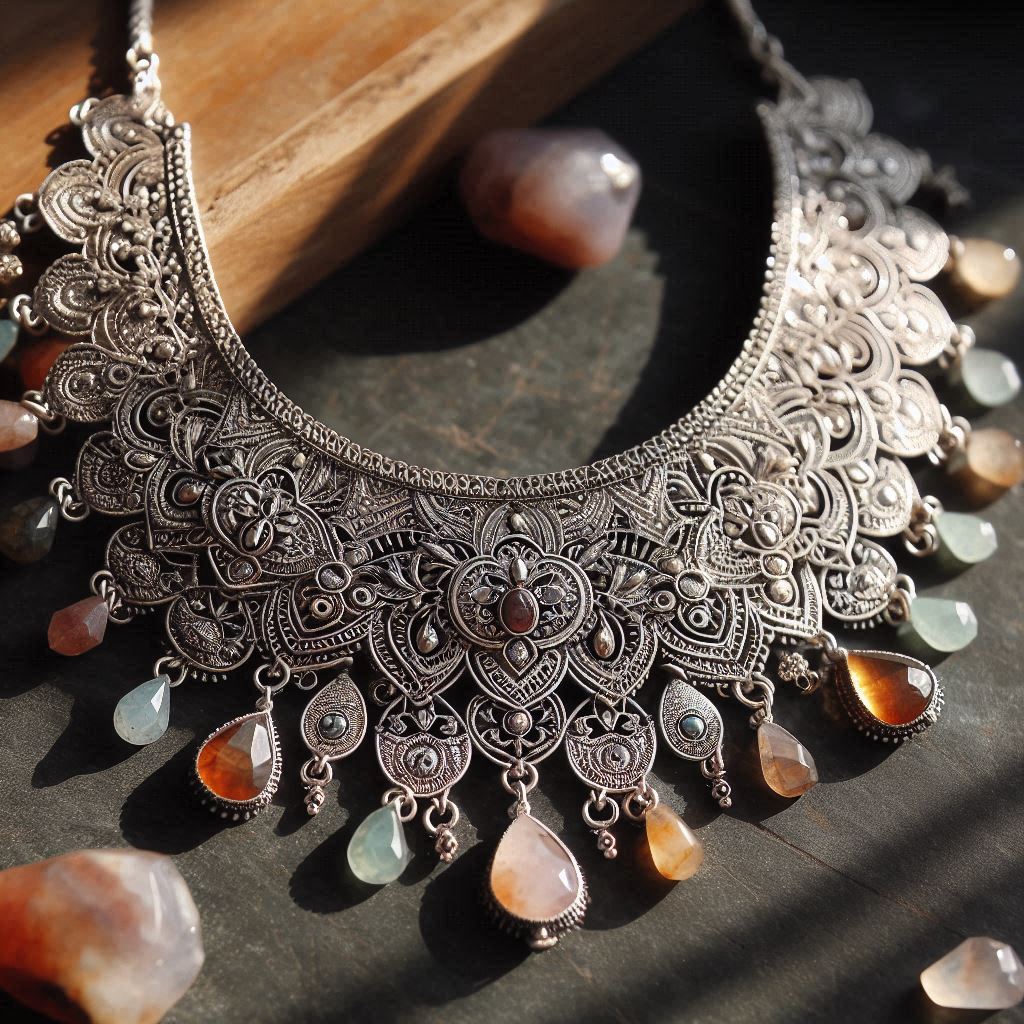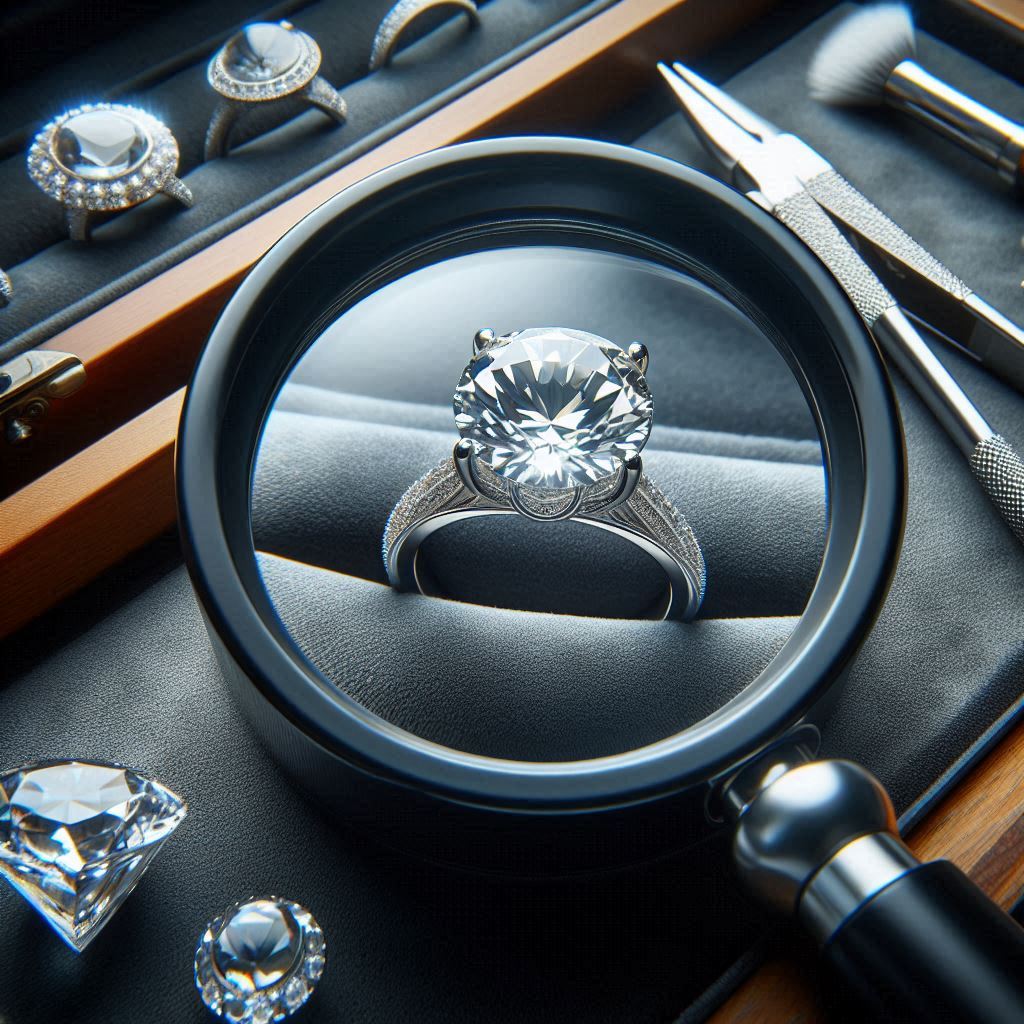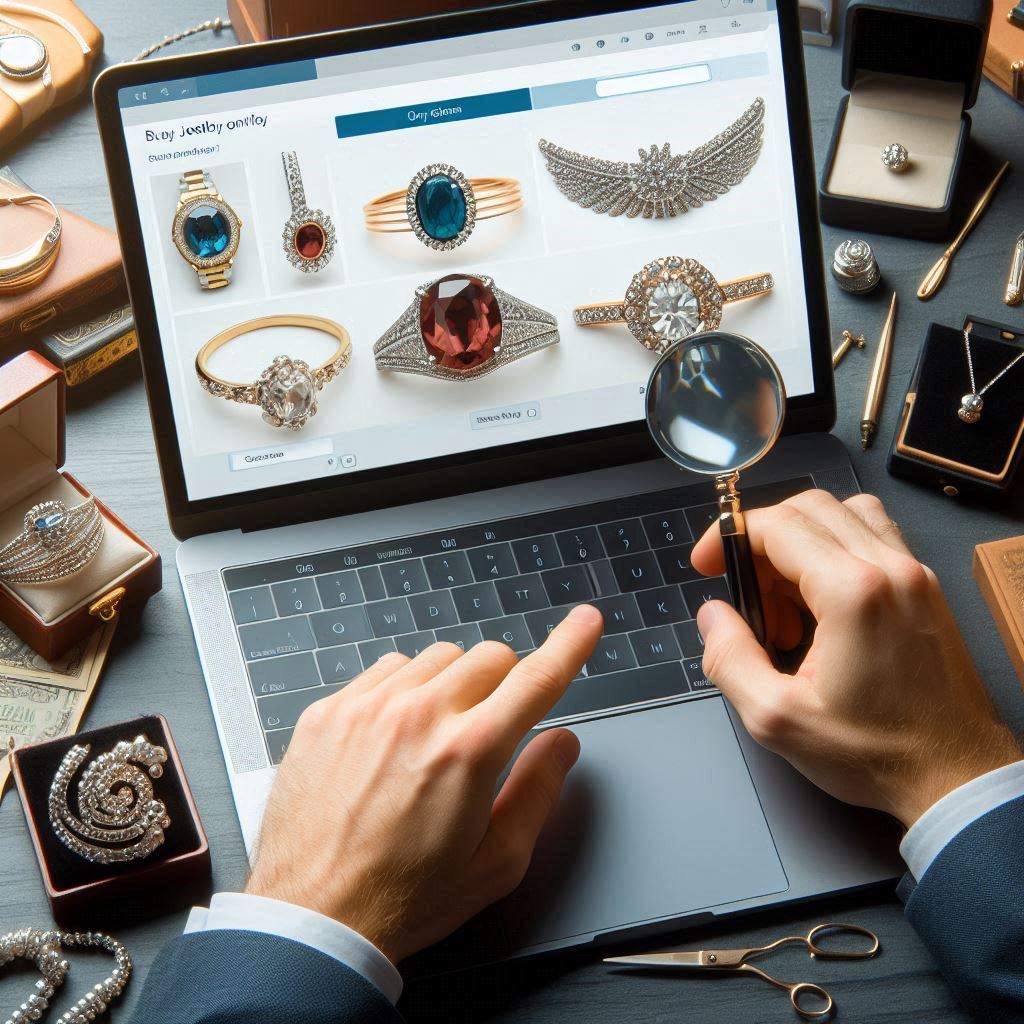Eco-conscious shoppers are increasingly interested in jewelry that is both beautiful and ethically sourced. Here’s a guide to buying sustainable and conflict-free jewelry.
Key Terms in Ethical Jewelry
- Conflict-Free Diamonds: These diamonds are mined in areas free from violence or exploitation, and certifications like the Kimberley Process Certification Scheme (KPCS) help verify conflict-free origins. However, KPCS has limitations, so other certifications like CanadaMark or SCS-007 (Sustainable Diamonds) provide more robust guarantees.
- Fair Trade Gold: Fair Trade-certified gold ensures fair wages and safer working conditions for miners while minimizing environmental harm. Look for certifications from organizations like Fairmined or Fairtrade Gold for ethically sourced gold.
- Recycled Materials: Some jewelers use recycled metals, which reduces the demand for newly mined materials and lowers environmental impact. Recycled metals, often labeled as such by reputable brands, are ideal for eco-conscious consumers.
Tips for Finding Ethical Jewelers
- Research Certifications and Sources: Before buying, check for certifications from Responsible Jewellery Council (RJC), Fairmined, and SCS Global Services, as these indicate sustainable sourcing and responsible production practices.
- Support Sustainable Brands: Look for brands that openly share their sourcing practices, use conflict-free gemstones, and offer transparent supply chains. Some sustainable jewelers also donate a portion of proceeds to environmental causes.
- Choose Vintage or Recycled Pieces: Vintage or upcycled jewelry reduces the need for new resources and often has unique, timeless designs. Many jewelers also offer remounting services to customize vintage settings, allowing buyers to modernize the piece without sacrificing sustainability.
By supporting ethical brands and seeking sustainable materials, you can wear jewelry that reflects your values, knowing it was sourced responsibly and ethically.



